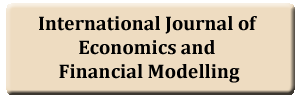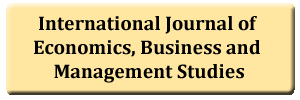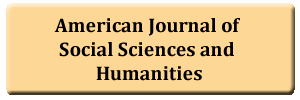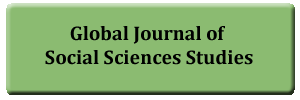Digital Banking Reflection and Zakat Accoutability Sharia Banking in Indonesia
DOI:
https://doi.org/10.20448/809.4.1.31.40Keywords:
Digital banking, Accountability zakat, Syariah banking.Abstract
Digital banking and the accountability of good zakat can increase interest in paying zakat on the benchmarking of sharia. On the other hand, technological advances such as the use of artificial intelligence make the role of human resources shifted. Even though human resources (labor) are one of the potential sources of zakat revenue. Zakat literacy and interest in paying zakat are also low in Islamic banking. The researcher did not find zakat data in statistical reports on Islamic banks nationally. It seems that it was only found in the presentation of reports about the sources and uses of private Islamic bank zakat funds. This can lead to the perception that Islamic banks do not optimally manage zakat. Through literature studies, researchers provide a solution to how zakat management can be done to increase interest in paying zakat but can still maintain the use of human resources (work). The conclusion obtained is that interest in paying zakat on Islamic banks cannot be maximally realized if it is not supported by internal efforts. Efforts that can be made are transparency of zakat reports, increased literacy, acceleration and optimization of digital management of Islamic bank zakat.




